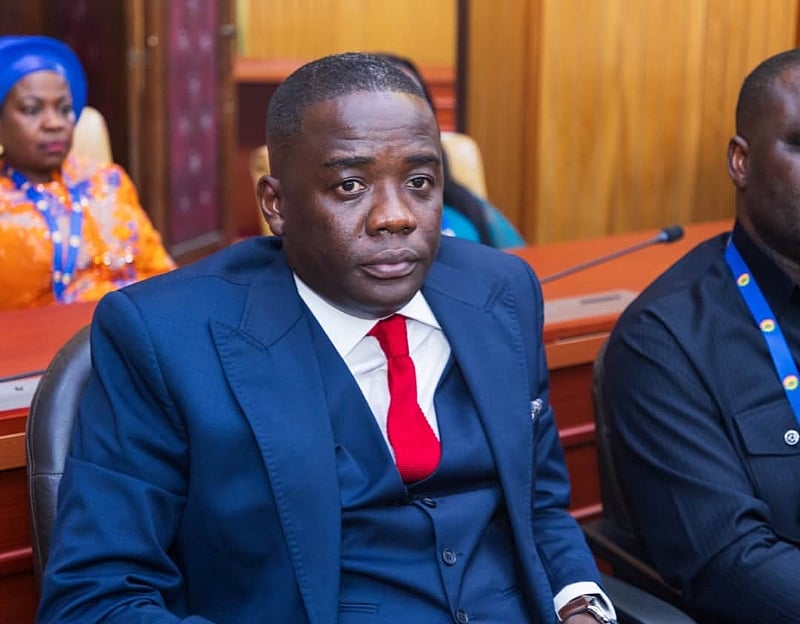The inauguration of Ghana’s 9th Parliament ushered in a new era of legislative activity, marked by the swearing-in of Members of Parliament and the reaffirmation of key leadership positions. Hon. Alban S. Bagbin retained his role as Speaker of the House, providing continuity and experience to the parliamentary proceedings. Hon. Andrew Amoako Asiama, MP for Fomena, continued as 2nd Deputy Speaker, while Hon. Bernard Ahiafor, MP for Akatsi South, joined the leadership team as the 1st Deputy Speaker. This solidified the parliamentary structure and paved the way for the commencement of legislative business. The seamless transition and swearing-in ceremonies, facilitated by the meticulous work of the transition team and state protocol, underscored Ghana’s unwavering commitment to democratic principles and peaceful transitions of power. These initial proceedings set a positive tone for the new administration, emphasizing the importance of established procedures and collaborative governance.
The swearing-in of the Members of Parliament also brought fresh perspectives and renewed commitment to representing the interests of the Ghanaian people. Among these new entrants is Hon. Ralph Poku-Adusei, MP for the Bekwai Constituency, who has voiced the Minority’s resolve to hold the government accountable. Despite the NDC’s strong majority in Parliament, Hon. Poku-Adusei emphasized the crucial role of a vigilant Minority in ensuring transparency and scrutinizing government policies and actions. This commitment to accountability is essential for maintaining a healthy democracy and ensuring that the government remains responsive to the needs of its citizens. Hon. Poku-Adusei’s statement reflects a dedication to upholding democratic principles and actively participating in the legislative process.
Hon. Poku-Adusei’s commitment to holding the government accountable extends to ensuring that President John Mahama fulfills his 120-day social contract with Ghanaians. This social contract, presumably a set of promises made during the election campaign, represents a commitment to addressing key issues and delivering tangible results within the first 120 days of the administration. The Minority’s focus on this contract highlights their intention to monitor the government’s progress closely and ensure that promises made to the electorate are kept. This proactive approach to oversight is crucial for maintaining public trust and ensuring that the government remains focused on delivering on its commitments.
The Minority’s role in Parliament extends beyond simply scrutinizing government actions. They also play a vital role in shaping legislation and ensuring that the interests of all Ghanaians are represented. New MPs like Hon. Poku-Adusei bring fresh perspectives and energy to the legislative process, contributing to robust debates and informed decision-making. Their ability to influence legislation is crucial for ensuring that laws are crafted in a way that benefits all segments of society and addresses the diverse needs of the nation. This active participation in the legislative process is essential for a thriving democracy.
As Ghana’s 9th Parliament embarks on its legislative journey, the nation anticipates dynamic and constructive engagement between the Majority and Minority caucuses. While the Majority holds the power to pass legislation, the Minority’s role in scrutinizing, debating, and offering alternative perspectives is equally important. This interplay between the two sides is essential for ensuring that laws are well-considered, comprehensive, and reflect the interests of all Ghanaians. A healthy democracy requires a robust opposition willing to challenge the government and hold them accountable.
The Minority’s commitment to demanding accountability and actively participating in the legislative process bodes well for Ghana’s democratic future. By holding the government to its promises and ensuring transparency in its actions, the Minority plays a crucial role in fostering a responsive and accountable government. This, in turn, strengthens the democratic institutions and builds public trust in the governance process. The nation can look forward to a period of robust debate, informed decision-making, and a government that is held accountable to the people it serves.














